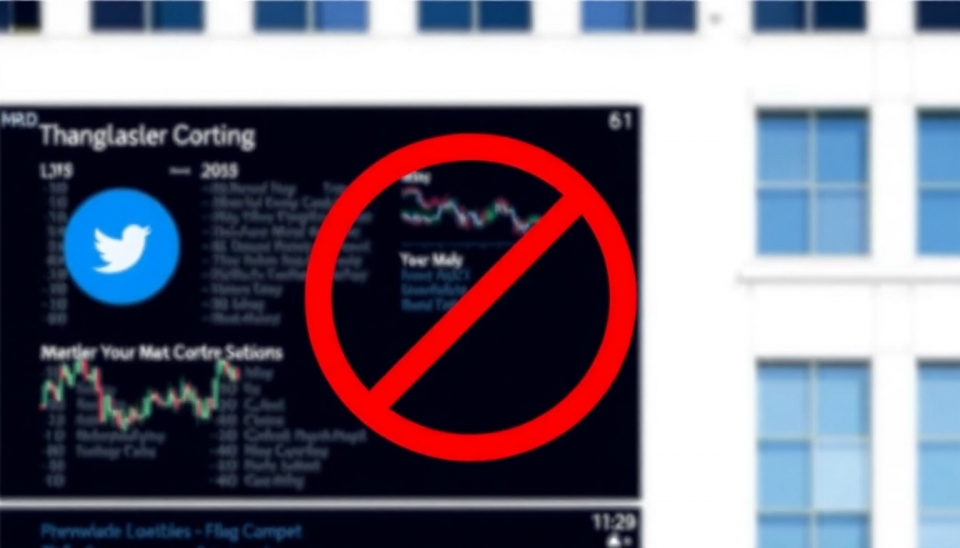
In a turbulent landscape for technology stocks, rising antitrust concerns are increasingly looming as a significant threat. This precarious situation signals a potential transformation in the market, with investors urged to scrutinize their holdings amid escalating scrutiny from regulators.
The technology sector, long heralded as a driving force of innovation and growth, now finds itself ensnared in a complex web of legal challenges. A growing coalition of lawmakers and regulatory bodies has taken a keen interest in the practices and market dominance of major tech players. Companies that were once seen as untouchable giants now face the prospect of heightened regulatory actions that could impede their operations and growth potential.
Investor anxiety is palpable as the prospect of increased antitrust enforcement raises questions about the future strategies of these tech behemoths. Concerns stem from the potential for new legislation aimed at curbing monopolistic behaviors, which could reshape the competitive landscape. The implications for companies like Google, Amazon, and Meta—previously regarded as safe havens for investment—are profound, as their expansive reach becomes the focus of lawmakers intent on fostering fair competition.
Analysts suggest that the growing skepticism around these tech titans could translate into significant market volatility. Share prices that were once buoyed by robust growth projections are now under pressure, as the reality of regulatory repercussions begins to sink in. Investors are advised to reassess the inherent risks tied to their tech stock portfolios, especially in light of potential new measures intended to limit the power of these corporate juggernauts.
The conversation surrounding antitrust legislation is not merely theoretical. Recently, significant discussions have emerged regarding the introduction of new bills that could facilitate stricter oversight of Big Tech. These proposals aim to dismantle perceived monopolies through measures such as divestitures, fines, and increasing transparency mandates. Although specific details remain under negotiation, the momentum behind such initiatives is indicative of a larger trend toward stringent regulation designed to promote competitive markets.
As the situation evolves, some investors are looking for opportunities in companies that could stand to benefit from the restructuring of market dynamics. Startups and smaller tech firms are being highlighted as potential winners in a landscape where larger players may be forced to divest parts of their business or alter their operating principles significantly. This shift creates intrigue for those seeking to capitalize on market dislocation caused by antitrust actions.
While the long-term effects of these antitrust movements will undoubtedly impact the tech sector, the immediate market response remains volatile. As investors navigate these murky waters, prudent management of tech stock investments will be crucial in safeguarding portfolios against the unpredictability introduced by regulatory interventions.
In conclusion, as antitrust risks continue to accumulate, the tech industry stands at a crucial juncture that could significantly alter its trajectory. Stakeholders must remain vigilant and informed about regulatory developments and market shifts as they unfold, ensuring they make decisions based on comprehensive analyses rather than reactively adapting to news cycles.
#TechStocks #Antitrust #MarketVolatility #BigTech #InvestmentRisks #RegulatoryChallenges #TechIndustry #MarketTrends
Author: Liam Carter




